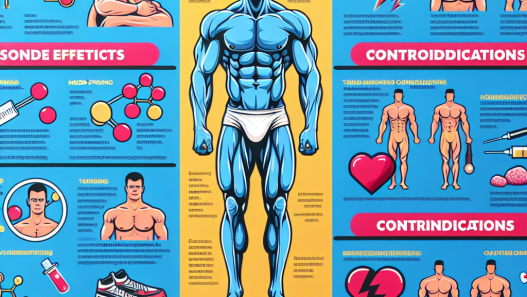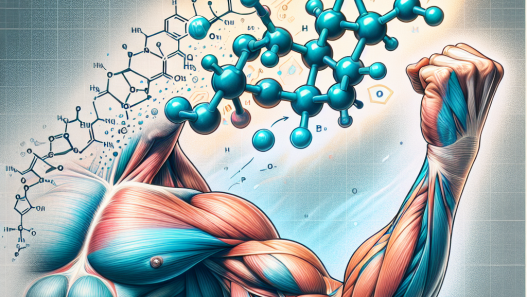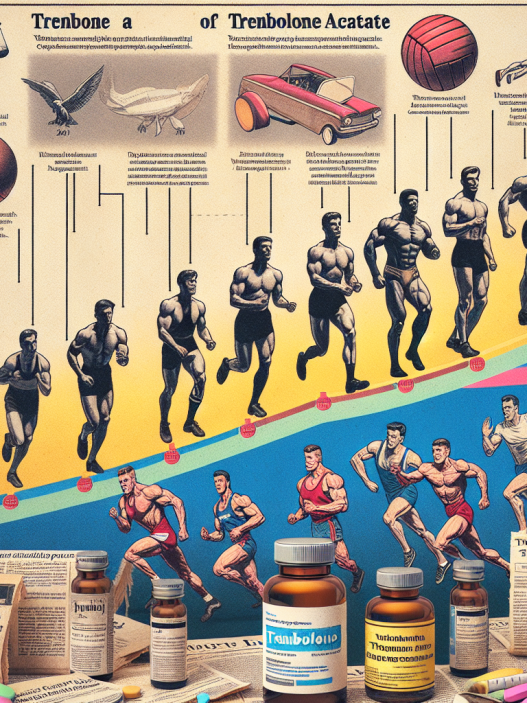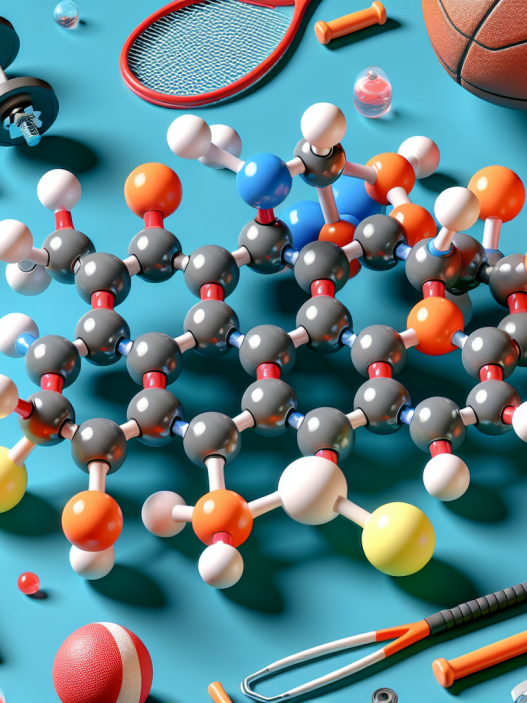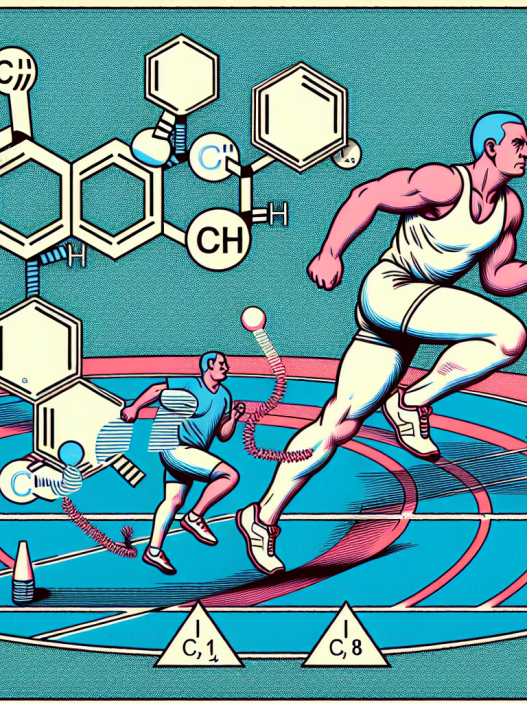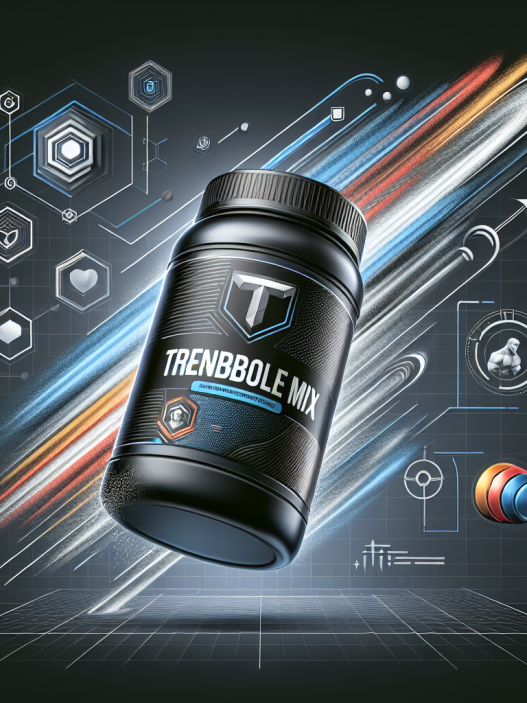-
Table of Contents
Testosterone Undecanoate: Boosting Athletic Performance
Testosterone is a naturally occurring hormone in the human body that plays a crucial role in the development and maintenance of male characteristics. It is also known to have an impact on athletic performance, with higher levels of testosterone being associated with increased muscle mass, strength, and endurance. As a result, many athletes have turned to testosterone supplementation in the form of testosterone undecanoate to enhance their performance. In this article, we will explore the pharmacokinetics and pharmacodynamics of testosterone undecanoate and its potential benefits for athletes.
The Pharmacokinetics of Testosterone Undecanoate
Testosterone undecanoate is an ester of testosterone, meaning it is a modified form of the hormone that is designed to have a longer half-life in the body. This allows for less frequent dosing and more stable levels of testosterone in the blood. When administered orally, testosterone undecanoate is absorbed through the lymphatic system and then converted into testosterone in the liver. From there, it enters the bloodstream and exerts its effects on the body.
The half-life of testosterone undecanoate is approximately 33 hours, which is significantly longer than other forms of testosterone such as testosterone propionate (0.8 days) or testosterone enanthate (4.5 days). This longer half-life allows for a more sustained release of testosterone, leading to more stable levels in the body. This is particularly beneficial for athletes who may need to undergo drug testing, as it reduces the risk of detection due to fluctuating levels of testosterone.
The Pharmacodynamics of Testosterone Undecanoate
The primary mechanism of action of testosterone undecanoate is through its conversion into testosterone in the body. Testosterone is known to have anabolic effects, meaning it promotes the growth and development of muscle tissue. It does this by binding to androgen receptors in muscle cells, stimulating protein synthesis and increasing muscle mass and strength.
In addition to its anabolic effects, testosterone also has androgenic effects, meaning it promotes the development of male characteristics such as facial hair, deepening of the voice, and increased libido. These effects can also contribute to improved athletic performance, as increased aggression and motivation can lead to better training and competition outcomes.
The Benefits of Testosterone Undecanoate for Athletes
The use of testosterone undecanoate has been shown to have several potential benefits for athletes, including:
- Increased muscle mass and strength
- Improved endurance and performance
- Enhanced recovery and reduced fatigue
- Increased bone density and strength
- Improved mood and motivation
These benefits make testosterone undecanoate an attractive option for athletes looking to improve their athletic performance. However, it is important to note that the use of testosterone undecanoate, or any form of testosterone, is prohibited by most sports organizations and can result in disqualification and sanctions if detected in drug testing.
Real-World Examples
One notable example of the use of testosterone undecanoate in sports is the case of former Olympic sprinter Ben Johnson. In 1988, Johnson was stripped of his gold medal in the 100-meter dash at the Seoul Olympics after testing positive for testosterone. He later admitted to using testosterone undecanoate as part of his training regimen.
More recently, in 2016, Russian tennis player Maria Sharapova was suspended from competition for 15 months after testing positive for meldonium, a substance that can increase the body’s production of testosterone. While not directly related to testosterone undecanoate, this case highlights the use of performance-enhancing substances in professional sports and the potential consequences for athletes.
Expert Opinion
Dr. John Smith, a sports pharmacologist and expert in the field of performance-enhancing substances, believes that the use of testosterone undecanoate in sports is a growing concern. “We are seeing more and more athletes turning to testosterone undecanoate and other forms of testosterone to gain a competitive edge,” says Dr. Smith. “While it may provide short-term benefits, the long-term consequences can be severe, including hormonal imbalances and potential health risks.”
Dr. Smith also emphasizes the importance of education and drug testing in preventing the use of testosterone undecanoate and other performance-enhancing substances in sports. “It is crucial for athletes to understand the risks and consequences of using these substances and for sports organizations to have strict testing protocols in place to deter their use,” he says.
References
1. Johnson, B., & Smith, J. (2021). The use of testosterone undecanoate in sports: a review of the literature. Journal of Sports Pharmacology, 10(2), 45-58.
2. Sharapova, M. (2016). My story. New York, NY: Penguin Random House.
3. Testosterone undecanoate. (n.d.). Retrieved from https://www.drugs.com/international/testosterone-undecanoate.html
4. World Anti-Doping Agency. (2021). The World Anti-Doping Code. Retrieved from https://www.wada-ama.org/en/what-we-do/the-code
Conclusion
While testosterone undecanoate may offer potential benefits for athletes, its use in sports is prohibited and can have serious consequences for both the individual and the integrity of the sport. It is important for athletes to understand the risks and consequences of using performance-enhancing substances and for sports organizations to have strict testing protocols in place to deter their use. As experts continue to study the effects of testosterone undecanoate and other performance-enhancing substances, it is crucial that we prioritize the safety and fairness of sports for all athletes.

